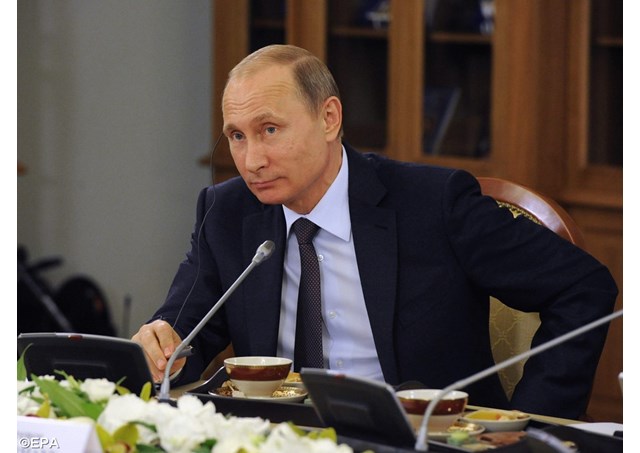
Russia protests asset seizures by Belgium

(Vatican Radio) Russia has protested to the Belgian ambassador over the seizure of Russian state assets in Belgium, after Moscow also threatened to maintain an import ban on food products from European countries supporting sanctions.
Listen to the report by Stefan Bos:
Belgium and France have reportedly frozen multiple bank accounts linked to the Russian government, beginning more than a week ago in France and on Wednesday in Belgium, after an international court ruling over the now-defunct Yukos oil firm.
Belgian ambassador Alex Van Meeuwen was summoned by Russia's Foreign Ministry and told that the asset seizure was seen as "an openly hostile act" that "crudely violates the recognised norms of international law".
Last year a court ordered Russia to pay Yukos oil company shareholders $50 billion in compensation, after Yukos' break-up. A Russian state firm took over Yukos.
In July 2014, an international arbitration court in The Hague said Russian officials had manipulated the legal system to bankrupt Yukos and to jail its boss, Kremlin critic and oligarch Mikhail Khodorkovsky, for 10 years.
MANY ACCOUNTS
In Belgium, accounts of the Russian embassy in Brussels and representative offices at the European Union and NATO headquarters were among those affected, said Russia's Foreign Ministry.
Besides Belgium, France seized Russian state accounts in about 40 banks, along with eight or nine buildings. Additionally, a legal application has also filed to seize Russian state assets in Britain and the United States, according to officials familiar with the case.
On Friday, President Vladimir Putin said Russia did not recognise the court's authority and warned that in his words Russia would defend its interests by the route of justice".
It comes amid a stand-off with the West over Western sanctions against Russia. Russian Deputy Prime Minister Arkady Dvorkovich says Russia will punish countries who maintain sanctions.
"If sanctions will be extended, than we will continue have our food embargo. So we will not allow food products from countries that establish sanctions against Russia," he said.
The West says sanctions are aimed at pressuring Moscow to support a lasting ceasefire in Ukraine, where government troops fight Russian-backed separatists.
| All the contents on this site are copyrighted ©. |


